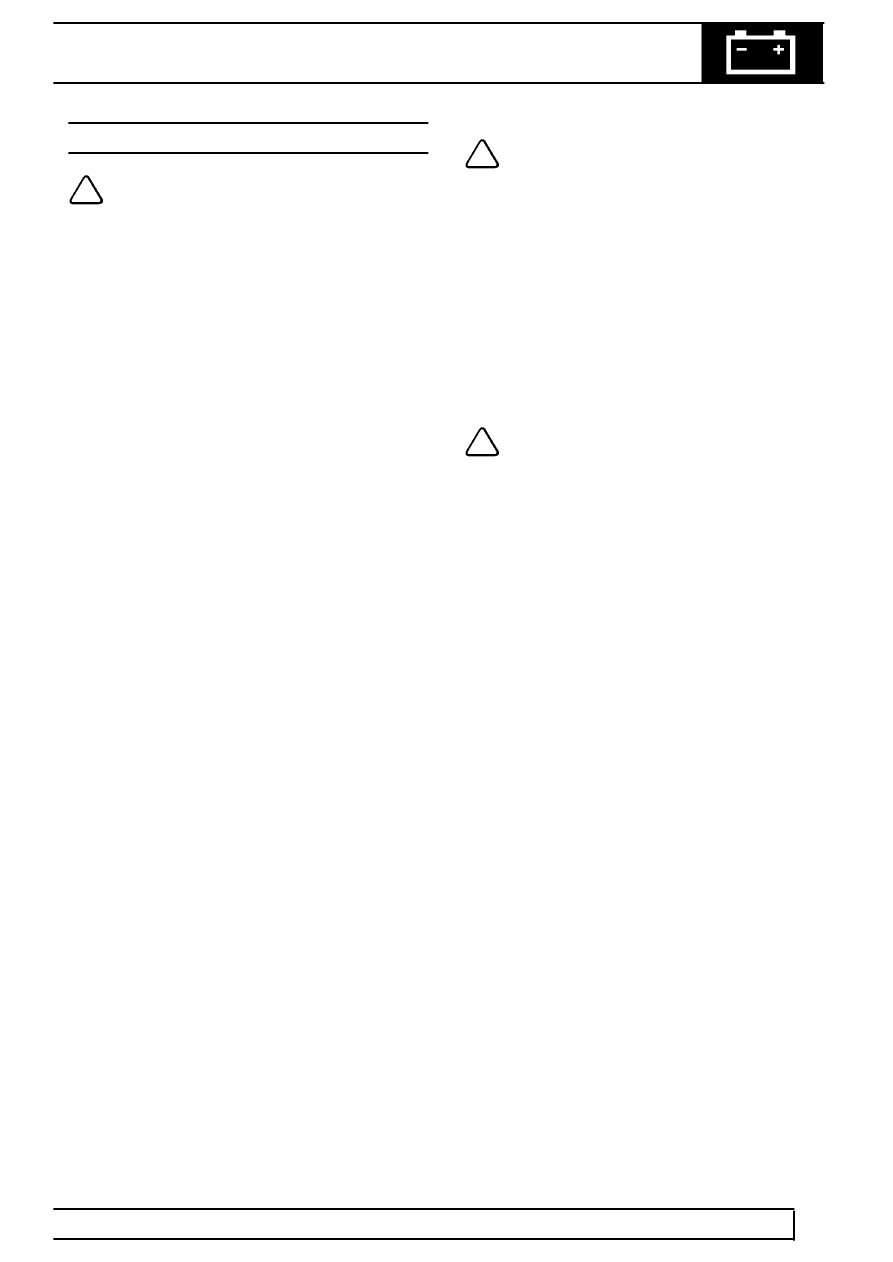Range Rover Classic

WIPERS AND WASHERS
1
FAULT DIAGNOSIS
WIPER MOTOR CHECKING
NOTE: These instructions apply to
Windscreen and Tailgate wiper motors.
If unsatisfactory operation of wiping equipment is
experienced, a systematic check to determine fault
should be carried out:
1. Check blades for signs of excessive friction. This
reduces wiping speed of motor and cause
increased current draw which may damage
armature. Check by substitution.
2. Check windscreen wiper motor light running
current and speed with motor coupling link
disconnected from wiper shaft transmission
linkage.
Check tailgate glass wiper motor with wiper connected
and glass wet. Connect an ammeter in series with
motor supply. Measure current consumption when
motor is switched on. Check operating speed by
timing speed of rotation of motor coupling link. The
results should compare with figures given in ’General
Specification Data’.
NOTE: If vehicle wiring connections are
disconnected and an alternative supply
source is applied it is essential that
correct polarity is observed. Failure to observe
this will cause motor to rotate in reverse direction,
which may result in limit switch contacts being
damaged.
3. If motor does not run satisfactorily or takes
higher than normal current, a fault exists and
must be remedied.
4. If current consumption and speed of motor are
satisfactory. A check should be carried out for
proper functioning of transmission linkage and
wiper arm shafts.
NOTE: Service parts are not available for
windscreen and tailgate wiper motors with
exception of windscreen wiper rotary
connecting link.
